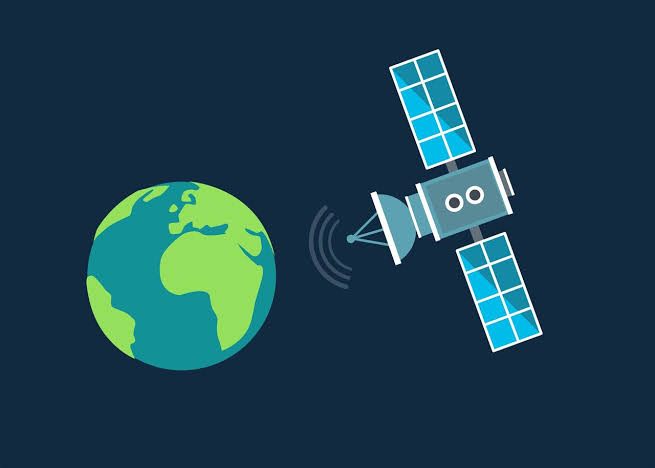Rocket Lab is a space company that has mostly used its small rocket, called Electron, to launch tiny satellites into low Earth orbit. These satellites are often used by both governments and private companies.
Rocket Lab’s Small Start with Electron and Big Ambitions with Neutron
So far, Electron has flown more than 60 times, proving to be reliable and cost-effective for smaller missions. Now, Rocket Lab is preparing to introduce a much larger rocket, called Neutron, which is designed to carry heavier payloads and compete in bigger satellite launches.
But now, Rocket Lab is planning something much bigger. The company is building a new rocket called Neutron, which will be able to carry heavier payloads—meaning bigger satellites or even groups of satellites all at once. Neutron is being designed to compete directly with Falcon 9, a very popular rocket made by SpaceX. Falcon 9 is currently one of the most-used rockets in the world, especially for launching satellites.
Neutron is a big step for Rocket Lab. It represents the company’s move from small missions to larger, more complex space launches. These types of launches are important because they attract high-paying contracts from satellite companies and government space programs. This could help Rocket Lab grow in the $22 billion satellite launch market, where SpaceX is currently the leader.
How Rocket Lab Is Funding Neutron
Rocket Lab is funding the Neutron project in part with revenue from its Space Systems subsidiary. This part of the company builds space parts and equipment like satellite components and spacecraft systems. The money made here is being redirected into building and testing the new Neutron rocket.
Even with this internal funding, some experts believe Rocket Lab might need to raise more money soon to keep up with the high costs of rocket development. Making a large, reusable rocket like Neutron is expensive, especially when you need new factories, materials, and testing equipment.
Neutron is anticipated to have its first test flight in the second half of 2025. Following that, the business plans to offer three more products in 2026 and five more in 2027. While this is a good start, it’s still a small number compared to SpaceX. In 2024 alone, SpaceX launched 132 times, and it is expected to hit 180 launches in 2025.
Even though Rocket Lab is behind in total launches, the company is aiming to become a strong second option in the rocket business. If it succeeds, it could help open up the market for more companies to have choices when picking a space launch provider.
Rocket Lab’s Edge in the Market
Right now, Rocket Lab doesn’t face too much direct competition outside of SpaceX in the medium-lift rocket category. One reason for this is because Rocket Lab has something called vertical integration. This means it builds most of its rocket parts in-house instead of buying them from other companies.
This gives Rocket Lab a couple of advantages. First, it helps the company save money because it doesn’t have to pay other businesses to make the parts. Second, it speeds up production, since everything can be built under one roof without waiting for parts to be delivered.
Thanks to this cost-saving structure, some analysts believe Rocket Lab is in a strong position. They have given the company a “Buy” rating, which means they believe the stock is worth owning. Rocket Lab’s price goal, according to the most recent study, is $28 per share. RKLB stock’s current average price objective is $27.91, indicating a possible 25% rise over its most recent trading price.
Over the last three months, Wall Street analysts have given Rocket Lab nine Buy ratings and four Hold ratings, with zero analysts recommending a Sell. This shows that many believe in the company’s direction as it moves toward larger, more profitable launches with Neutron.
If Neutron successfully flies and wins launch contracts, Rocket Lab could benefit in several ways. The company may see improvements in revenue, profits, and cash flow, starting as early as 2026. In the meantime, Rocket Lab continues to prepare for its upcoming test launch, hoping that Neutron will deliver on its promise.




